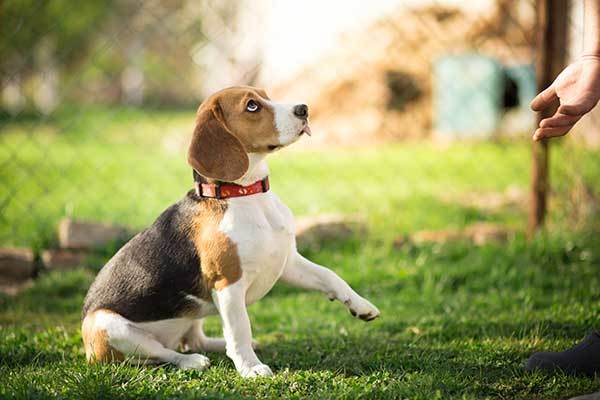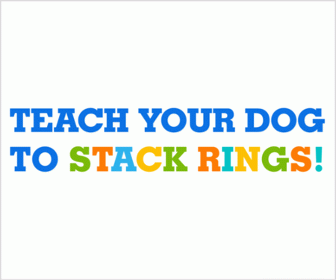Imagine this!
You’ve dedicated a great deal of your time to training your dog various tricks indoors. Fortunately for you, you’ve managed to impart different skills on your canine friend.
A dog that previously experienced problems waiting can now wait alright. You’ve also succeeded in training your pooch to stop barking unnecessarily. Everything looks perfect with your canine friend, or so you think.
But one day, you decide to venture outdoors with your dog. It suddenly dawns on you that the dog doesn’t seem to practice good manners outdoors as it did indoors. It gets worse when your pooch completely ignores you no matter how passionately you try to implore it to be on its best behavior.
Well, now stop imagining and know that these are realities that many dog owners all over the world face on a daily basis. There are numerous reasons why a dog might be obedient indoors but totally uncontrollable outdoors, so much that it even ignores your commands.
Read on as we unpack some of the reasons why your dog won’t listen outside and what you can do about it.
Table of Contents
Common Misconceptions Concerning Your Dog Listening
One of the frequently asked questions among many dog owners is, ‘my dog ignores me outside, what can I do to get him to obey me?’
Now, it’s easy and convenient to make a hasty conclusion that your dog is ignoring you outside. However, the most important question you should ask yourself is if the dog is really being stubborn in the first place.
It could happen that the dog finds the outdoors more stimulating than the indoors. As such, it simply cannot control its urge to explore. It could also happen that you’re misinterpreting your dog’s behavior as disobedience. As a loving and caring dog owner, you should understand that your dog will ignore you outside from time to time.
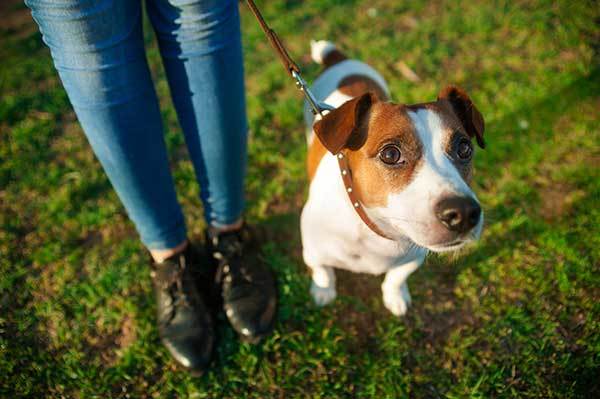
However, you should never construe that behavior as;
- An act of stubbornness,
- An act of disobedience,
- A show of dominance,
- Spitefulness, or
- Being a jerk
It’s important to remember that dogs are quite different from humans in terms of how they process cues. Most importantly, dogs prefer to pursue their happiness on their own terms.
As humans, we occasionally forfeit our pleasures in a bid to please other people. But that’s quite different for dogs. Your canine friend will only please you if doing so also makes it happy.
So, when you discover that your dog is ignoring you outside and taking an interest in other things, the chances are that your pooch is deriving pleasure from those pursuits.
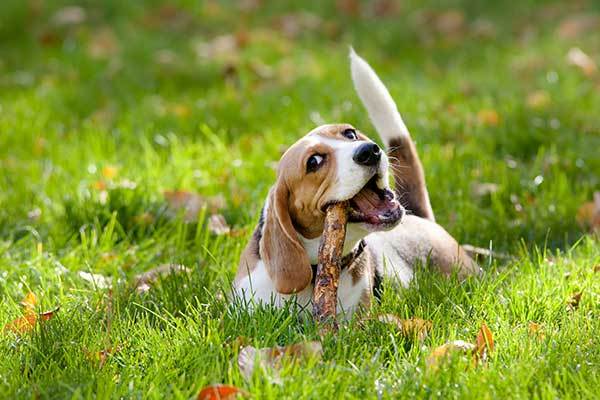
The last thing you want to do is yell at the dog. Dogs interpret yelling as an urge to continue with the line of action. So, if your dog is ignoring you outside and you happen to yell at it, you can only expect your canine friend to continue ignoring you even more. And that’s the point when a subtle act of defiance degenerates into outright disobedience.
Even if yelling at your dog doesn’t make the animal more worked up, it could strain the harmonious relationship that exists between the two of you. The dog might become more fearful and wary of venturing outdoors with you. It’s worse if the dog in question is a pup, as it will grow up hating those occasional and necessary trips outdoors.
In addition to not yelling at your dog for ignoring you outside, also desist from yanking at its leash or grabbing the dog by the muzzle. Generally, exercise patience and self-control even when the dog’s behavior is apparently getting out of control.
Trying to assert your dominance when your pooch is ignoring you outside will likely get the dog more agitated, fearful, or withdrawn. Remember that even if your pooch already ranks you high up in the family pecking order, trying to express domineering behavior outside will not work.
Why Is Your Dog Ignoring You Outside?
There are numerous reasons why your dog might be ignoring you outside. The following are some of them.
1. Dogs Are Poor Generalizers
One of the most likely reasons your dog is ignoring you outside is that naturally, our canine friends are poor generalizers. According to experts, dogs, like many other pets, are situational learners.
For instance, if you trained your dog to wait for its food indoors, the dog may associate the command exclusively with the indoors.
So, if you happen to be in a public park and ask your canine friend to wait to be served, the command may not work. That’s because in the dog’s understanding, “wait” cues only make sense when they’re issued in the house and not anywhere else.
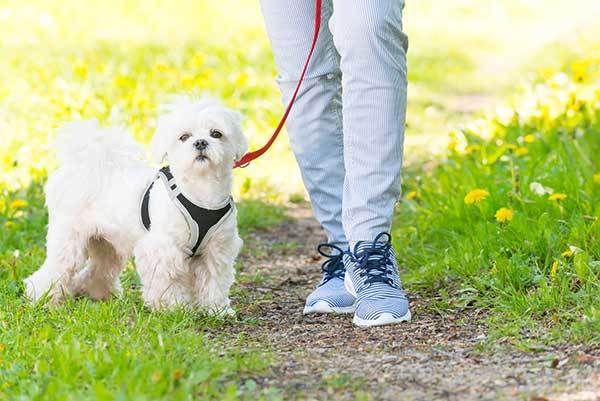
Now, this underscores the importance of training your dog the same command in different environments.
For instance, if you’re planning to train your pooch to wait, you can start by doing so inside the house using a screen door. After that, you can proceed and undertake the training in your car using the car door.
Finally, conduct the same training outdoors, preferably far away from the house. That way, the dog will not just associate the “wait” command with the indoors.
2. Poor Exposure
Another common reason why your pooch won’t listen to you outside is that the dog is poorly exposed. Basically, dogs that do not venture out of the house often enough will always be fascinated by the outdoors.
Indeed, there are plenty of things outdoors that will capture the interest of your canine friend, ranging from amazing sights and sounds to a breath of fresh air, pleasant smells, etc. If the dog is not already used to these stimuli, you can expect it to be a little agitated.
It’s akin to humans traveling to the city for the first time. Don’t we all get excited by the sights, sounds, and aromas that characterize city life at first? But with time, we get used to it all, and no longer find these aspects fascinating.
Regular trips outside the house will ensure that your pooch gets used to the outdoors. The dog needs to spot the bigger dog next door from time to time so that it doesn’t get intimidated by it.
It should also get used to the racing cars on the freeway, sounds of fireworks, crowds of people in the state park, etc. Otherwise, you’ll always have trouble controlling your canine friend whenever you’re outdoors.
- RICH FEEDING GAME – Look at the Big Orange Flower in the middle of the snuffle mat dog puzzle toys. Total 4 layers of orange petals can hide large...
- EXTRA FUN ATTRACTS YOUR PUPPY – We are extremely positive of our snuffle mat. But in order to provide more fun for lovely puppies, we set up 4...
- EXCELLENT RELEASE BUCKLE DESIGN – Have you ever bought a snuffle mat for your dog that want to develop good habits in your dog. But your dog likes...
Last update on 2025-01-13 / Affiliate links / Images from Amazon Product Advertising API
3. Dogs Have a Low Tolerance Level for Distractions
It could happen that your dog is duly trained, well-socialized, and well-exposed. But whenever you venture outdoors, the dog just won’t stay calm. You must remember that dogs have a very low tolerance level for distractions.
Unlike humans who can pay perfect attention through the street noises, dogs tend to be distracted easily.
So, even if your dog is already exposed to the numerous exciting outdoor stimuli, it will always find them exciting each time. And due to its low level of tolerance to distractions, your canine friend will still want to investigate these stimuli.

4. Poor Stimulation
Dogs are naturally playful animals and they’re always looking for a means to let out their pent-up energies. If your dog doesn’t receive enough physical and mental stimulation, it may become uncontrollable outdoors.
A dog that feels way too energetic won’t mind attacking other dogs in the street or wrestling to break free from the leash. These are not sheer acts of stubbornness per se. Instead, your pooch is simply trying to let you know that it wants to release its pent-up energy.
As a dog owner, you should always ensure that your canine friend receives adequate physical and mental stimulation. Dogs tend to be calm and mellow when they’re tired. So, if you’re blessed with a hyperactive dog, always consider tiring it down before going for outdoor trips.
Most importantly, you should teach the dog where to direct its energy. That will prevent it from starting unnecessary fights with other dogs, pets, or people during your outdoor trips. For instance, if you realize that your dog is spending too much time staring at other dogs, turn its attention to something else.
5. You’re Inadvertently Rewarding the Behavior
A few years ago, I realized that my long-time canine friend, Rex, was developing a habit of sleeping on my bed against my wishes.
Each time I came home, I would find him snoring on my pillows. I gently carried him away to his bed, had him lie there, and gave him a treat. Rex would sleep on its bed for the rest of the night, only to find it on my bed the following day.

After consulting my vet, I realized that I was inadvertently encouraging the behavior by rewarding the dog. So, the dog would keep coming to my bed, knowing all too well that it will receive a treat at the end of the day.
You could be in exactly the same situation. If your dog ignores you outside, what are you doing to try and redirect the behavior?
For instance, if the dog breaks out of your car and makes a dash for it, do you give it a treat each time it comes back? If you do, then your pooch will continue breaking out of the car as it understands that each time it comes back, there will be a reward waiting for it.
Similarly, if you’re yelling at your dog for ignoring you outside, you’re inadvertently encouraging the aberrant behavior.
6. The Dog Is Afraid
Last but not least, your dog might just be fearful. This is especially common for dogs that aren’t properly socialized. All the happenings outdoors might overwhelm your dog’s senses, causing it to be afraid.
Usually, dogs that are afraid of the outdoors will ignore you by not leaving the car or confined spaces like the restaurant. Such dogs find comfort in the surroundings of their home as opposed to the street or public parks.

How to Get Your Dog to Pay Attention to You Outside
We’ve already mentioned, albeit subtly, some of the ways on how to get a dog to listen when distracted outside. We will just go over those tips in a bit more detailed manner.
1. Understand the Cause
The best way to address any problem is to understand its root cause, and the same applies to getting your dog to listen to you outside.
As we’ve already highlighted, there are numerous reasons why your canine friend might be ignoring you outside.
The onus is on you to find the underlying cause. That way, you can proceed to adopt the most suitable remedy for the behavior.
Also, remember that there could be more than one reason behind the behavior. Therefore, do not limit yourself only to one possible cause.
2. Train Your Dog Properly
Another excellent tip for making your dog to stop ignoring you outside is to train the dog thoroughly. Now, there are various ways to go about it.
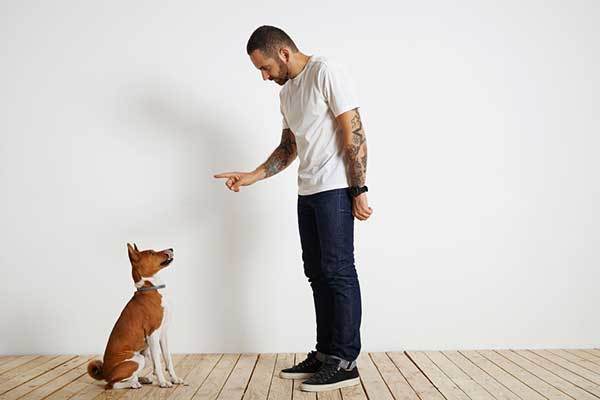
First, we already reiterated the importance of being consistent with your cue words when training a dog indoors and outdoors. That should apply to all doggy commands, ranging from ‘wait’ to ‘stop,’ ‘come,’ ‘go,’ etc.
If you trained your dog to wait for its meal at home by using the ‘wait’ cue word, use the exact same word when training the dog to wait inside the car.
You don’t need to bombard your pooch with different cue words each time, particularly if you’re training the dog the same command. Replacing ‘wait’ with ‘hey’ or ‘stop’ will unlikely work for the dog.
Another thing to remember when training your dog is to reward the dog accordingly. That means treating the dog only when it does something good. Remember that treats should only be used when training your dog to pay attention to you outside.
You shouldn’t offer your dog rewards as a way of making them stop a bad behavior that you’ve already trained them on before. That would mean that you either didn’t train the dog properly or the dog has found a naughty way of exacting treats from you.
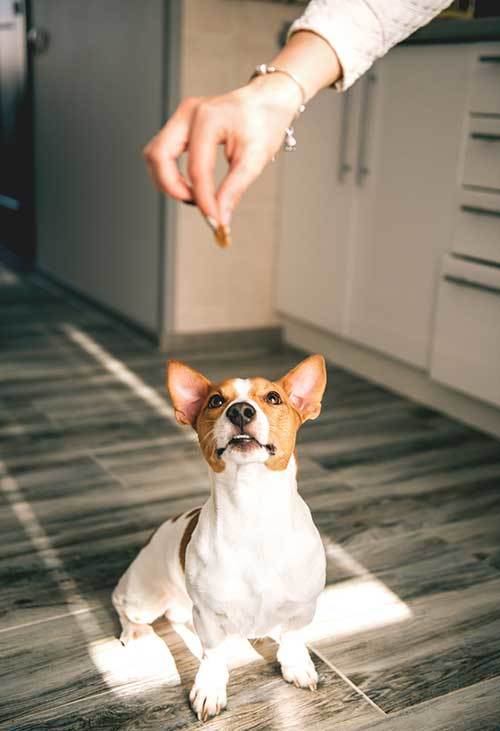
When giving rewards to your dog during training, ensure that the dog associates the treat with good behavior.
Let’s assume that you’re training the dog to wait for its food. The best time to offer the treat is when you realize that the dog stays calm despite having its food on sight. Also, if the reward doesn’t seem to work, you can consider changing it or trying higher-level treats.
Lastly, always train your dog in less stimulating environments. As we did indicate, dogs have a very low distraction threshold.
You may discover that while training your dog in the backyard, a simple fly buzzing by is all it takes for the dog to lose focus. So, much as you want to train the dog outdoors, start in familiar surroundings with fewer distractions. And if your canine friend loses interest in the training, record your progress so far and proceed with the training the following day.
- HEALTHY, TASTY & NATURAL: Our homestyle, soft, oven-baked dog treats are made in the USA using the same natural, healthy and wholesome ingredients you...
- INGREDIENTS: Our base ingredient is oatmeal, making these treats easier to digest than other grains. All soft-baked treats are wheat and corn-free.
- PERFECT TRAINING TREAT: Treats easily break apart, so they can be enjoyed by dogs of all breeds, ages and sizes. Try sprinkling them over your dog’s...
Last update on 2024-12-30 / Affiliate links / Images from Amazon Product Advertising API
3. Go Out Often
Though we already highlighted this, it warrants repeating that venturing outdoors with your dog often will make the dog less excited and more likely to pay attention to you outside.
At first, you can expect your pooch to be excited by the sights, sounds, and smells in the street or neighborhood. But as it gets used to these stimuli, the dog will no longer find them fascinating, and will be calmer during outdoor trips.
One golden tip to remember here is to take it slow at first. If your dog has never gone outside of its home environment, start by taking a 5-minute outing on the first few days.
During these first few days, you should explore a few adventures. As time goes by, you can increase the duration of the outings as well as the number of adventures.

4. Keep Your Dog Stimulated
Dogs are hyperactive animals that require endless hours of physical and mental stimulation. So, this is one area that you should never skimp on.
Not only is enough stimulation crucial in making your dog pay attention to you outside, it also helps to keep various diseases at bay.
You probably already know that a poorly stimulated dog runs the risk of developing obesity and other weight-related issues. Worse yet, the dog could develop separation anxiety.
If you work long day shifts, you should consider hiring a dog trainer. Though it may set you back a few dollars, a dog trainer will ensure that your pooch never gets bored.
Another excellent tip for keeping your dog stimulated is to enrich the dog’s environment with plenty of interactive toys.
- ENGAGE YOUR DOG’S SENSE OF SMELL - Our dog snuffle blanket puts your dog’s nose and brain to work by mimicking the hunt for food in nature,...
- EASY TO USE DESIGN SLOW FEEDING MAT - Easy to fill, you can mix kibble and hide a few treats to spark dog's interest. Challenge through dog training...
- EASY TO CLEAN AND CARRY - Machine washable pet snuffle mat made of polar fleece and upcycled materials, eco-friendly and durable construction. Roll up...
Last update on 2024-12-26 / Affiliate links / Images from Amazon Product Advertising API
5. Do Not Encourage the Behavior
Most of the time, you’ll discover that you’re encouraging your dog to ignore you outside, albeit inadvertently. As we already pointed out, do not reward your dog as a way of redirecting a naughty behavior.
That will be tantamount to encouraging that very bad behavior. Instead, you should consider retraining the dog. Yelling at your dog for ignoring you outdoors won’t work either.
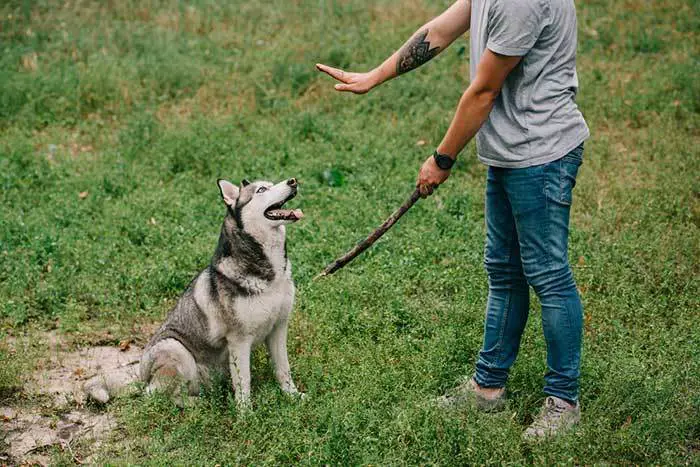
6. Be Patient and Know When Things Won’t Work
Lastly, remember that it will take a great deal of patience to get your dog to stop ignoring you outside. Even if things don’t work out in the first few weeks, continue to be gentle with the dog.
At times, you may consider retraining the dog if you suspect that the behavior is due to improper training and socialization.
Most importantly, understand that despite your best efforts, your dog might not love the outdoors at all. If that happens to be the case, you don’t need to fret as there’s no rule dictating that dogs must venture outdoors. You can still have a great time with your dog in your backyard, swimming pool, or garden.
Conclusion
Evidently, there are numerous reasons why dogs tend to ignore their owners outside. Thankfully, there are equally plenty of ways to get your dog to pay attention to you while you’re outdoors.
It all comes down to proper training, early socialization, great exposure, and most importantly, patience on your part.
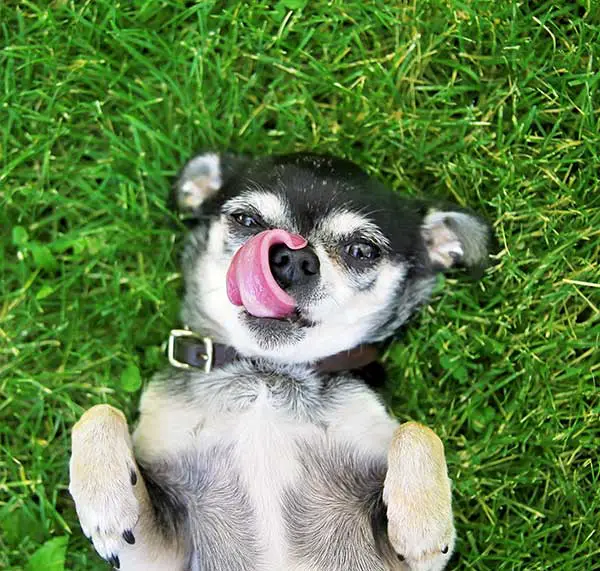
Checkout Our Favorite Dog Products
1. BEST PUPPY TOY
We Like: Snuggle Behavior Toy with Heart Beat & Heat Pack – Ideal toy for new puppies.
2. BEST DOG TRAINING PROGRAM
We Like: Doggy Dan The Online Dog Trainer – Stop any dog problem and raise the perfect puppy with The Online Dog Trainer.
3. BEST FOOD FOR DOGS AND PUPPIES
We Like: Victor Super Premium Pet Food – Ideal for growing puppies and pregnant or lactating females. Also provides sustained energy for sporting dogs and dogs with high physical demands.
4. BEST DOG DNA TEST
We Like: Embark Dog DNA Test – Embark screens for over 250 dog breeds + tests for 170+ genetic diseases including MDR1 drug sensitivity, glaucoma, degenerative myelopathy, and dilated cardiomyopathy, some of the most common adult-onset diseases in dogs.
5. BEST DOG PUZZLE TOY
We Like: Outward Hound Interactive Puzzle Toy – Every dog loves chasing squirrels at the park. The Outward Hound Hide-a-Squirrel Puzzle Toy gives your dog the same feeling as though he was outdoors chasing live squirrels.

